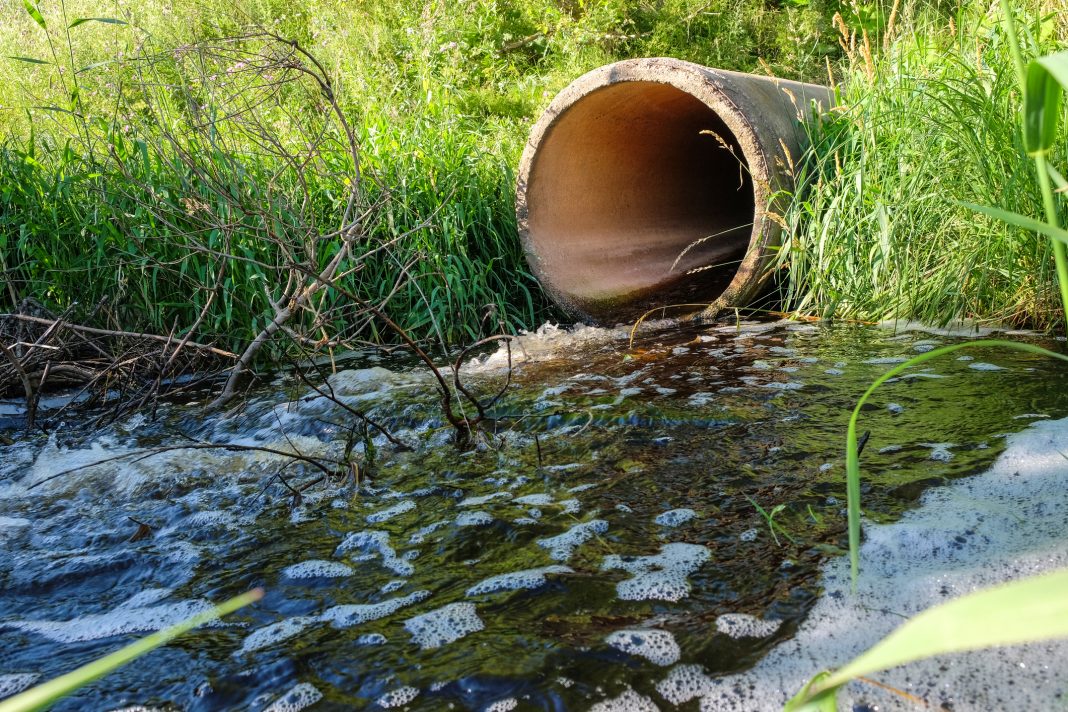Unlocking wastewater treatment, water reuse and resource recovery opportunities is a key approach for sustainable water solutions in India, explains Dr. Paul Campling, Business and Relationship Development Manager at VITO
Dr. Paul Campling, Business and Relationship Development Manager at VITO, Belgium is the coordinator of the EU-India Horizon 2020 project Pavitra Ganga, which is a research and innovation project that brings European Union and India partners together to address some of the pressing water challenges in India.
What water challenges does India face?
“India is home to 16% of the global population but only has 4% of global fresh waters, while discharge of untreated wastewater has resulted in contamination of 75 % of all surface water bodies in India,” explains PAVITRA GANGA project coordinator Paul Campling. “At the same time, the demand for water resources in a rapidly growing population and transitioning economy is projected to increase dramatically.”
To tackle this enormous challenge, says Campling, it will require a move away from today’s linear ‘take-use-waste’ approach towards more circular water management initiatives. “One of the measures to reduce pressures on freshwater resources is to use (un)treated wastewater for irrigation, but we have to make the water reuse safe and sustainable,” he adds.
PAVITRA GANGA wants to contribute to this challenge by demonstrating innovative approaches to treat wastewater for water reuse and resource recovery at two demonstration sites: in New Delhi and in Kanpur. The project brings together partners and collaborators from Europe and India: universities and research institutes, SMEs, industrial players, NGOs and water utilities.
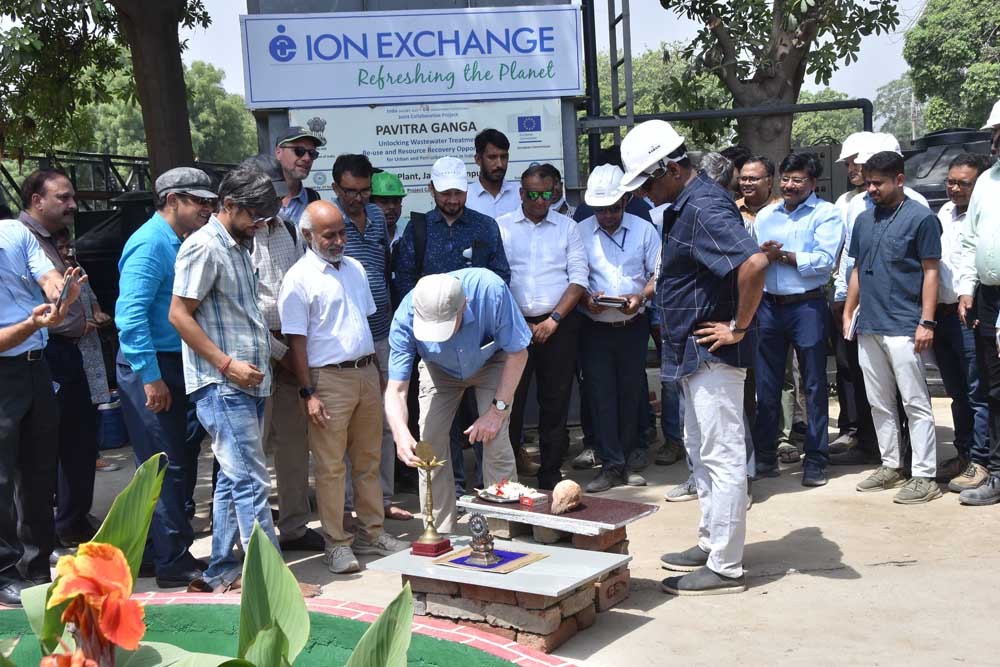
Wastewater treatment technologies being piloted in India
“Our project is demonstrating the performance of seven new technologies that are either removing (or using) bulk organics and nutrients from wastewater or removing heavy metals and emerging compounds of concern. They are being piloted at two quite different sites in India – a municipal wastewater treatment facility in Kanpur and an open drain in New Delhi. While some of the technologies have shown promising results in Europe, the uptake in India will depend on their performance in Indian conditions.
The governance of wastewater management
PAVITRA GANGA creates social awareness through a participatory monitoring approach whereby we engage with stakeholders to frame the problems around wastewater, identifying the critical and socio-economic issues that need to be addressed by tailor-made interventions. From a series of co-creation workshops and interviews a peer reviewed article was published that highlights the factors and barriers that determine the uptake of wastewater treatment and resources recovery in India. The most significant driver is persistent water scarcity that necessitates diversification to alternative water supplies, while the most significant barriers are the lack of pollution monitoring and control, missing regulation for integrated water resources management, and insufficient collaboration between responsible governmental organizations.
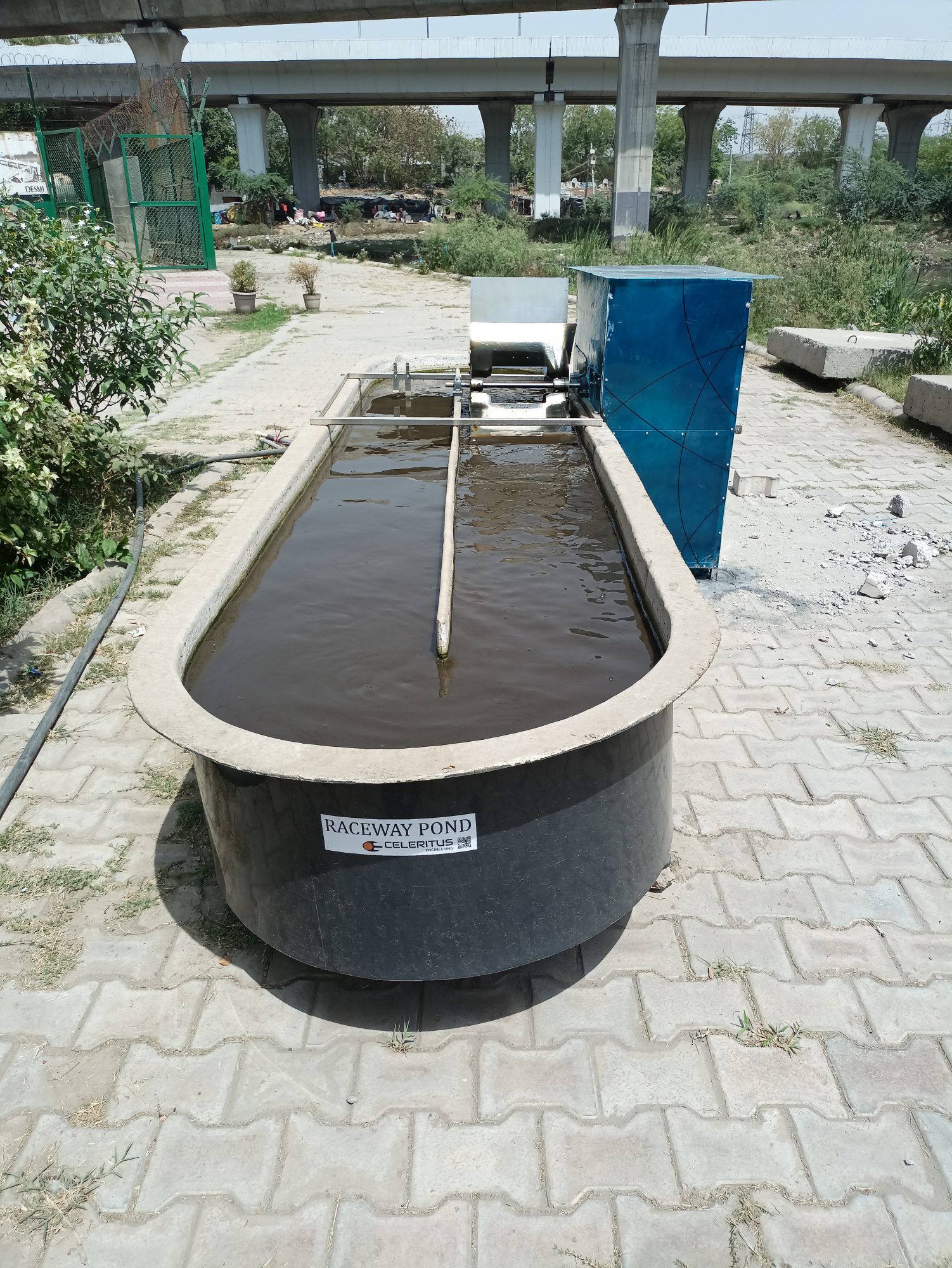
Implementing smart water management
To enable a circular water management approach at the demosites, mobile and stationary sensors are monitoring the quality of the local water resources in the two case areas. Modelling techniques also simulate the impact of water management measures. At the same time, we are using models to develop scenarios on how improved measures and technologies can be properly planned. India needs to ensure that future wastewater treatment infrastructure investments will meet the larger demands of a rapidly increasing population, developing economy and changing climate.
Business development and capacity building
The research and innovation activities are underpinned by training and capacity building of stakeholders, the development of business models and dissemination of the key outcomes. This enables the project to reach out to stakeholders beyond the two case areas. The ambition is that the tools, technologies and approaches will be an inspiration for water practitioners to adopt, adapt and further develop. A series of workshops are now scheduled for next year that will train Indian water professionals about how to effectively design, implement and manage the demonstrated wastewater treatment and monitoring technologies.
Follow us
The project continues its research and demonstration activities and will end in January 2024. Stay up-to-date and consult our website: www.pavitra-ganga.eu or follow us on Twitter www.twitter.com/Pavitra_Ganga or LinkedIn: www.linkedin.com/company/pavitra-ganga-project/
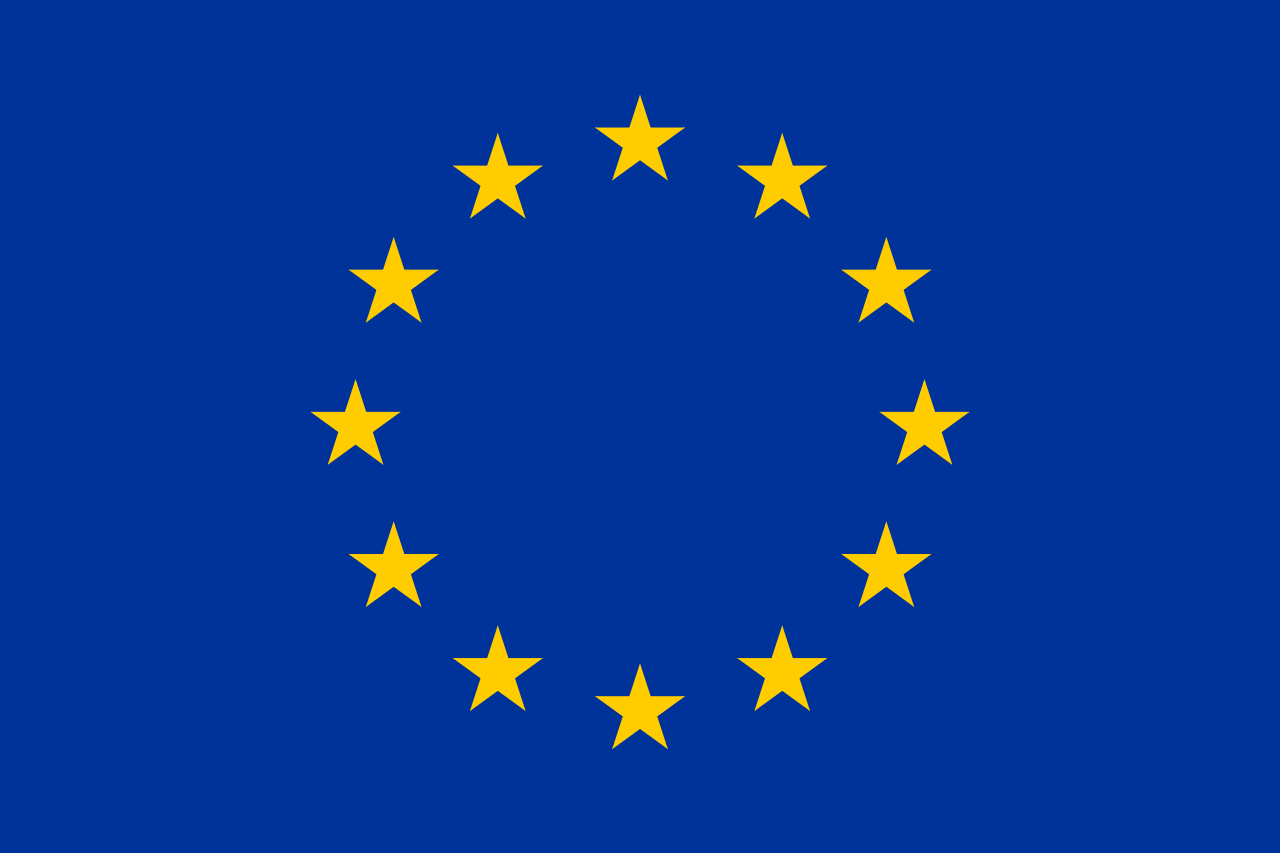
This project has received funding from the European Union’s Horizon 2020 research and innovation programme under grant agreement No 821051
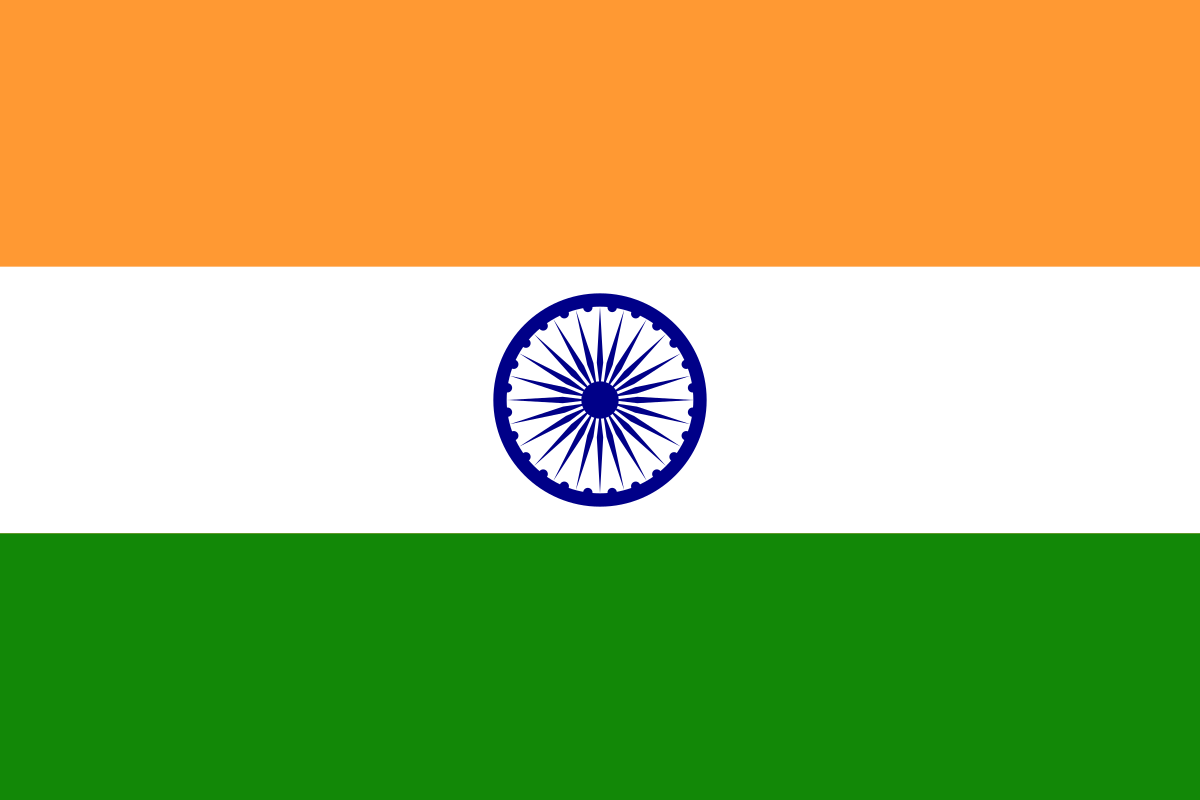
This project has been co-funded by Department of Biotechnology (DBT), Government of India.

This work is licensed under Creative Commons Attribution-NonCommercial-NoDerivatives 4.0 International.

